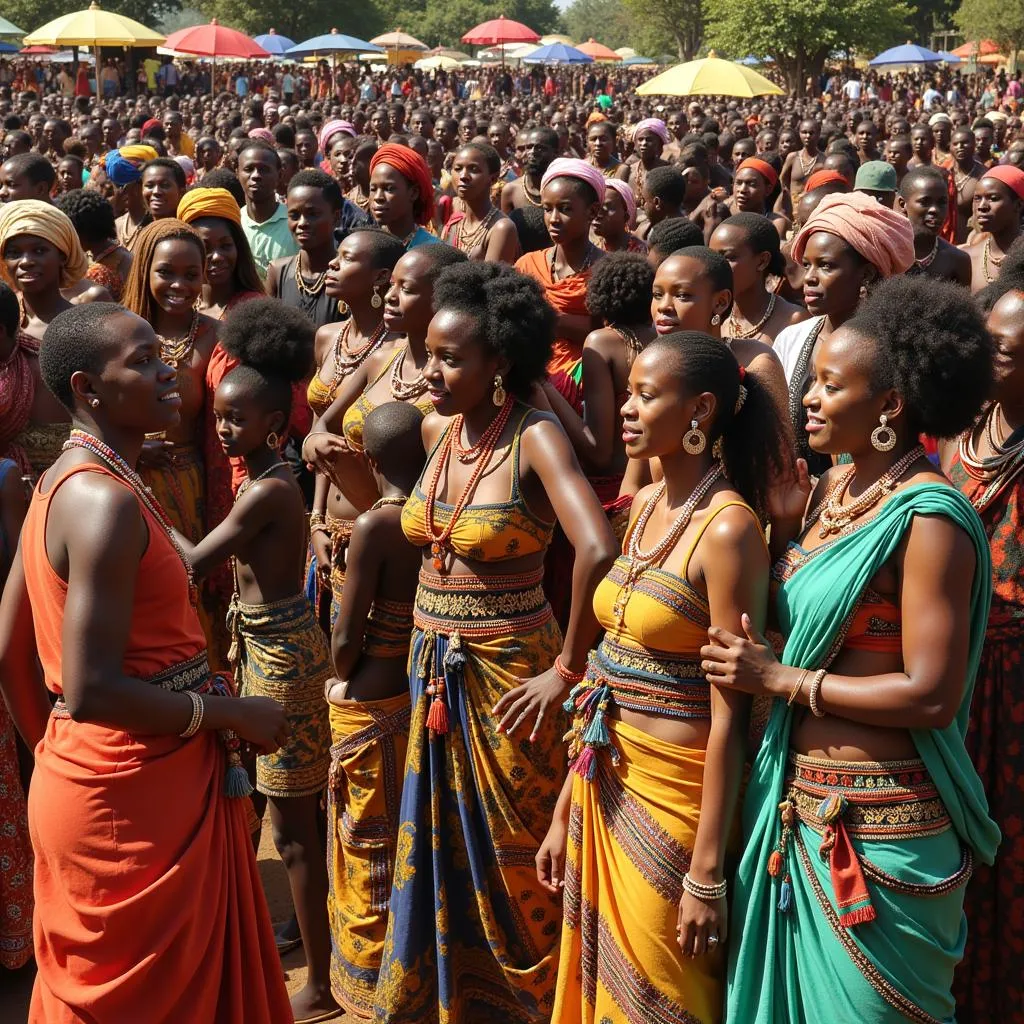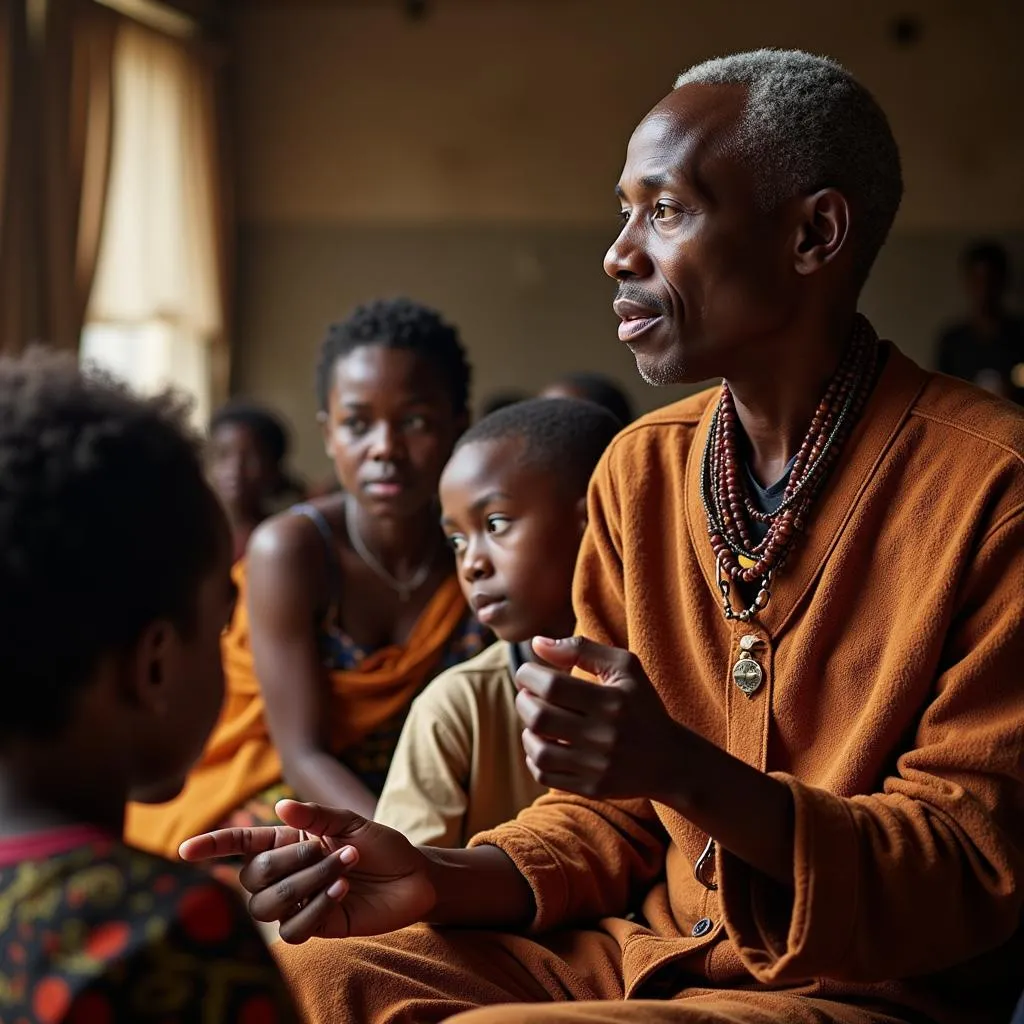Unpacking the Myth of “African IQ”: Intelligence, Culture, and Colonial Bias
The term “African Iq” is often thrown around online and in casual conversations, perpetuating a harmful generalization. This article delves into the complex issues surrounding intelligence, culture, and the legacy of colonialism in Africa, challenging the very notion of quantifying intelligence based on geographical origin.
The Flawed Concept of a Single “African IQ”
The idea that an entire continent’s intelligence can be represented by a single number is not only simplistic but also deeply flawed. Africa is incredibly diverse, encompassing 54 countries, over 3000 ethnic groups, and countless languages and cultural practices. To assume a shared intelligence quotient (IQ) across this vast tapestry of humanity ignores the crucial role of social, economic, and environmental factors in shaping cognitive development.
 Celebrating African Diversity
Celebrating African Diversity
Historical Biases and the Western Lens
The very concept of IQ testing is rooted in Western cultural perspectives, often failing to consider different forms of intelligence valued in other societies. Historically, these tests were used to justify racist ideologies and colonial domination, portraying Africans as inherently inferior. This legacy of bias continues to influence perceptions and interpretations of intelligence today.
The Impact of Socioeconomic Factors
It’s crucial to acknowledge the profound impact of socioeconomic factors on cognitive development. Poverty, malnutrition, limited access to quality education, and healthcare disparities significantly influence an individual’s intellectual potential. Many African nations face these challenges due to historical injustices and ongoing global inequalities, making it inaccurate and unfair to attribute differences in test scores solely to genetics or inherent intelligence.
Reframing Intelligence: Beyond Western Metrics
Instead of relying on narrow Western-centric metrics, understanding African intelligence requires appreciating diverse forms of knowledge and skills. From navigating complex social structures to mastering traditional crafts, agricultural practices, and oral storytelling traditions, African cultures demonstrate remarkable ingenuity and problem-solving abilities often overlooked in standardized tests.
 The Power of Oral Tradition
The Power of Oral Tradition
Celebrating African Achievements and Contributions
Rather than perpetuating harmful stereotypes, let’s shift our focus towards celebrating the numerous achievements and contributions of Africans throughout history and in the present day. From ancient civilizations like Egypt and Mali to contemporary advancements in science, technology, arts, and literature, Africa boasts a rich tapestry of intellectual prowess and innovation.
Conclusion: Embracing Complexity and Challenging Prejudice
The concept of “African IQ” is a misleading oversimplification rooted in historical bias and cultural ignorance. It’s time to move beyond reductive labels and acknowledge the diversity, resilience, and immense potential that exist within the African continent. By embracing complexity and challenging ingrained prejudices, we can foster a more accurate and respectful understanding of intelligence across cultures.
